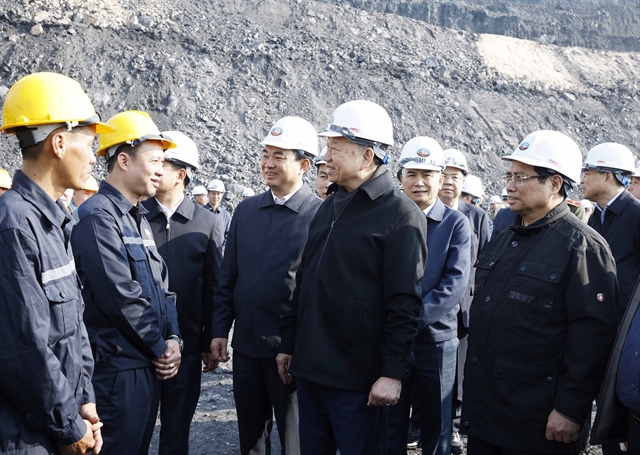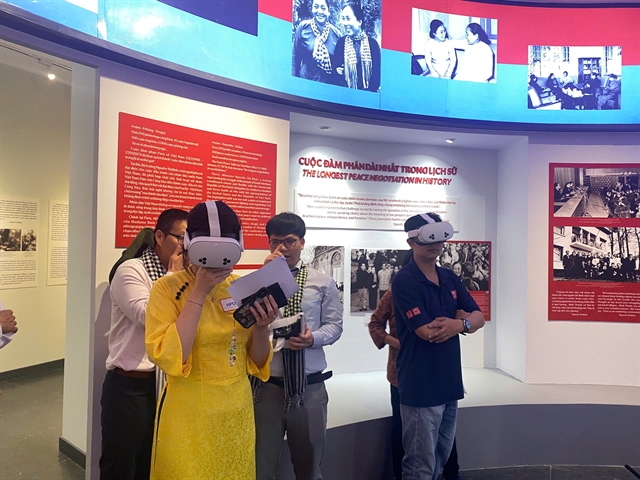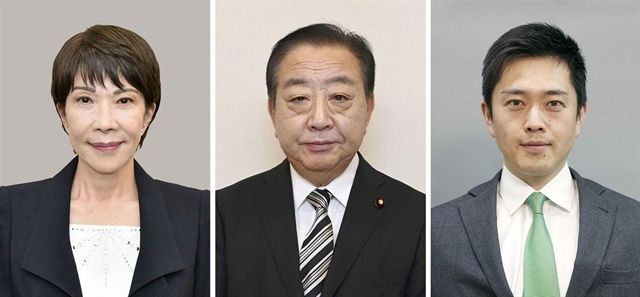 World
World
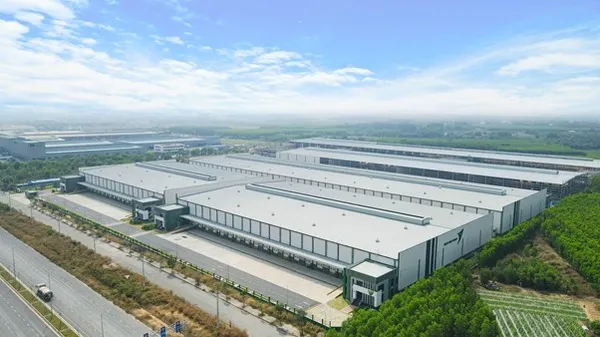
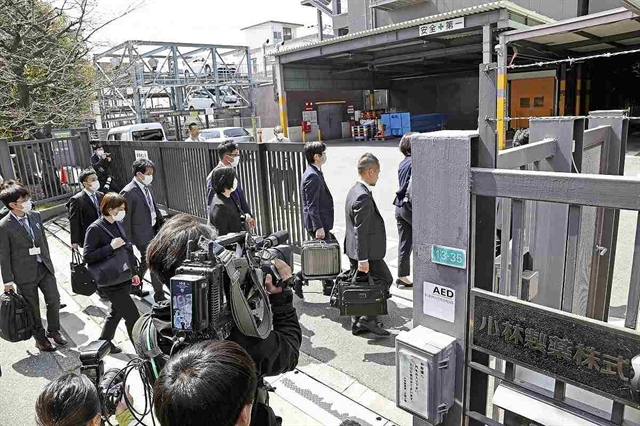
|
| Inspectors from the Health, Labor and Welfare Ministry and others enter Kobayashi Pharmaceutical Co.’s factory in Yodogawa Ward, Osaka, on Saturday. — YOMIURI SHIMBUN/ANN/VNA Photo |
OSAKA — The health ministry and the Osaka city government on Saturday conducted an on-site inspection of Kobayashi Pharmaceutical Co.’s factory in Yodogawa Ward, Osaka, where benikoji red rice mold that is confirmed to have caused health problems was produced.
Puberulic acid, which could be responsible for causing health problems in some people, has been confirmed in the company’s benikoji. The ministry and the city government are investigating the manufacturing process to determine the cause.
Five personnel from the Osaka city government entered the Osaka factory together with Kobayashi Pharmaceutical employees, followed by 11 inspectors from the ministry at about 11am on Saturday.
“We will fully cooperate and respond to the investigation honestly,” a public relations employee of the company told reporters at the factory.
According to Kobayashi Pharmaceutical, as of Friday, five people who took the Benikoji CholesteHelp supplement product have died, while 114 people who used the product have been hospitalised and about 680 others have gone to a hospital or plan to see a doctor.
The company began selling Benikoji CholesteHelp in February 2021. An investigation has so far revealed that the benikoji – that was made at the factory between April and October 2023 and used for supplement products – contained a potentially harmful unknown substance. The supplements, which included benikoji as an ingredient, were manufactured at a plant in Gifu Prefecture.
The company and the Health, Labor and Welfare Ministry announced Friday that the unknown substance is believed to be puberulic acid.
Puberulic acid is a natural compound that comes from blue mold. It is effective against malaria but considered highly toxic. How the compound exactly effects the human body is not yet known.
The company had mostly confirmed that puberulic acid was the unknown substance that was likely the cause of the health problems and reported its findings to the ministry.
When asked why the company did not make the information pubic sooner, a company official said, “Our company could not make the judgment on its own.”
The ministry intends to have the National Institute of Health Sciences in Kawasaki determine whether the acid is the likely cause of the health issues and also look into other substances in the product.
“As benikoji multiplies slowly, other types of mold could get mixed in during that time and they could multiply together,” said Shinjiro Tachibana, an associate professor of microbiology at the University of the Ryukyus. “If people do not have a lot of experience culturing benikoji, they might not notice that other mold have been mixed in based on the change in color and odor.”
At the Osaka factory, Kobayashi Pharmaceutical has cultured benikoji for itself as well as for other companies since 2016. The company has said it is unlikely that benikoji produced the puberulic acid, so other mold might have been mixed in during the production process.
The factory was shut down in December due to it becoming obsolete, so the equipment needed for benikoji production was moved to a factory in Kinokawa, Wakayama Prefecture, which is run by the company’s subsidiary.
Kobayashi Pharmaceutical has said it is thoroughly checking all the production lines at the Wakayama plant to see if there are any places where mold could grow.
The ministry plans to inspect the Wakayama plant on Sunday based on the Food Sanitation Law. After confirming the situation at the Osaka factory and receiving an explanation from Kobayashi Pharmaceutical, the ministry intends to check the production lines at the Wakayama plant. The ministry will also look into the effects of puberulic acid on the human body. — YOMIURI SHIMBUN/ASIA NEWS NETWORK

.jpg)
